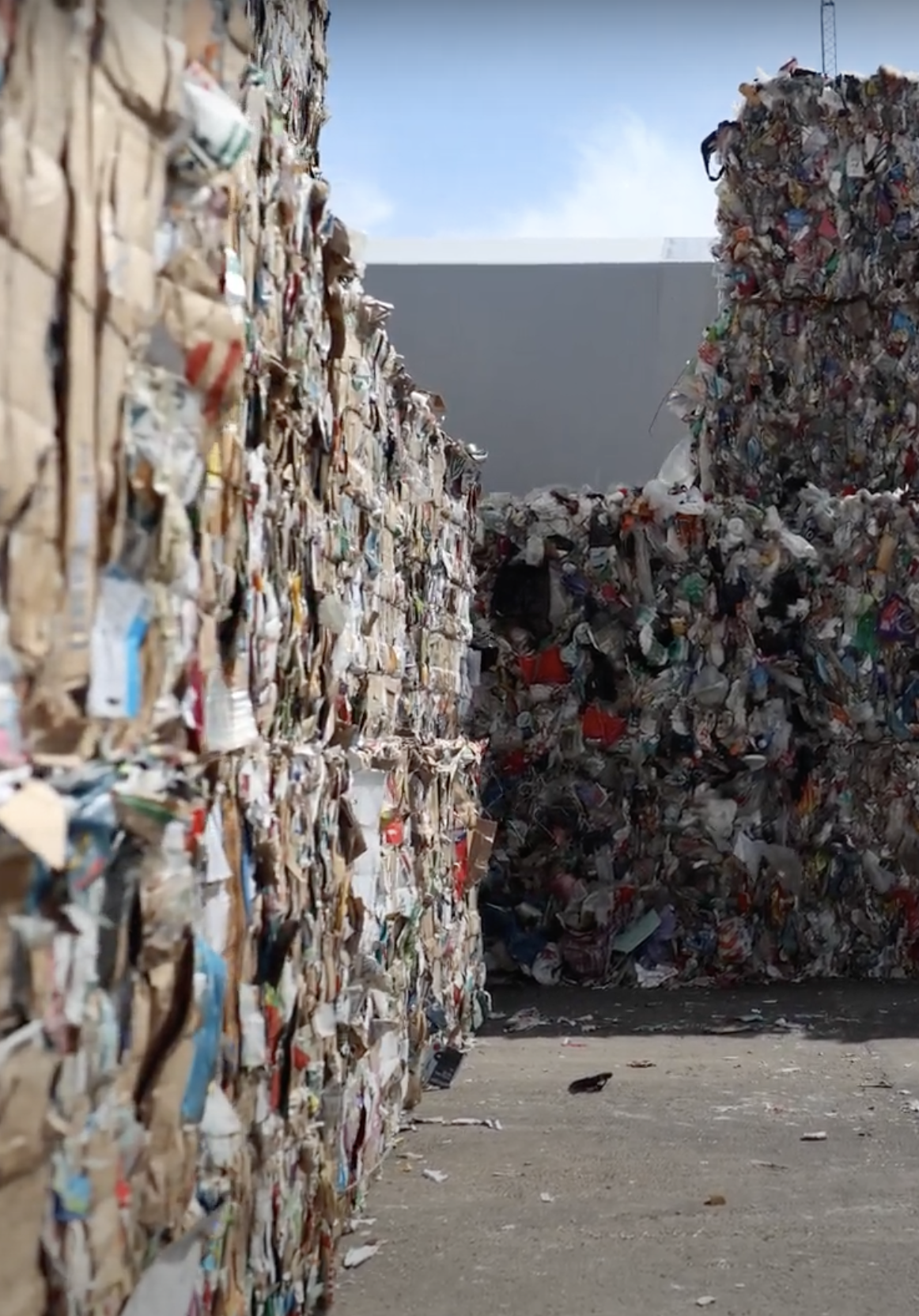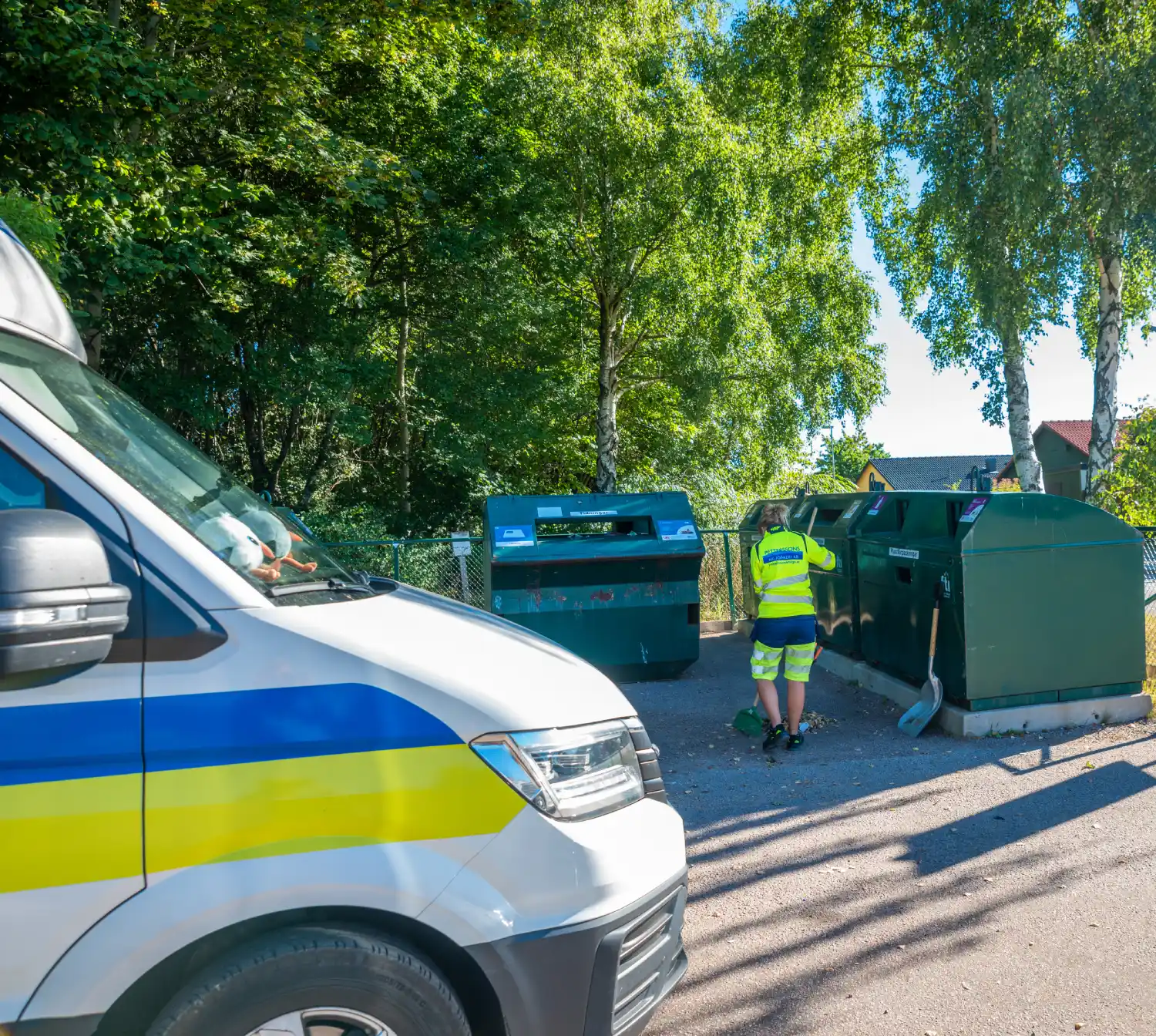Recycling has become a global necessity while the world battles a growing waste crisis. With over 2 billion a lot of solid waste made annually Recycling (Återvinning), based on the World Bank, individuals face an urgent need certainly to reconsider consumption and disposal habits. This manual dives into the fundamental statistics, actionable methods, and developments transforming how exactly we minimize spend and protect the planet.

Why Recycling Matters
World wide spend levels are escalating at alarming rates. The Environmental Defense Agency (EPA) studies that just 32% of U.S. municipal spend is recycled. Meanwhile, single-use parts continue steadily to master landfills, with 91% of parts never being recycled based on knowledge from National Geographic. That staggering total plays a role in pollution, threatening underwater ecosystems, wildlife, and also human health.
Recycling decreases the volume of spend in landfills while conserving power and natural resources. As an example, producing recycled aluminum saves 95% of the power required for new aluminum production. That little act not just reduces carbon emissions but also guarantees less organic products are extracted from the Earth.
Developments Shaping Recycling Nowadays
1. Plastic Recycling Engineering Improvements
Globally, just 9% of plastic spend is recycled, but innovative chemical recycling strategies are now actually repurposing previously non-recyclable plastics. These developments can considerably increase recycling prices in the coming years.
2. Client Participation in Recycling Programs
The 2023 International Styles on Recycling Behaviors shows that 74% of men and women need manufacturers to concentrate on applying recyclable materials. Customers are today driving the demand for sustainable appearance solutions.
3. E-Waste Recycling Development
Did you understand that the entire world generated 53.6 million metric a great deal of e-waste in 2019? That number is estimated to grow by 38% by 2030, based on the International E-waste Monitor. Recycling technology reliably may recover important materials like gold and copper, lowering environmental injury due to mining.
Measures You Can Take to Reduce Spend
• Know what can (and can't) be recycled in your area. Contaminated or non-recyclable components may disrupt recycling processes.
• Compost natural waste like fruit skins and garden extras to lessen landfill contributions while producing normal fertilizers.
• Reduce single-use plastics—go for used food bags and material straws instead. Little trades might have exponential benefits.
• Buy recycled products and services, promoting a round economy wherever waste is reused rather than discarded.

Get Action for a Greener Tomorrow
Recycling is among the simplest yet most reliable actions people may take to fight the spend crisis. With scientific inventions, raising consumer understanding, and international actions, change is possible. Begin today—minimize waste, recycle better, and cause by case!
